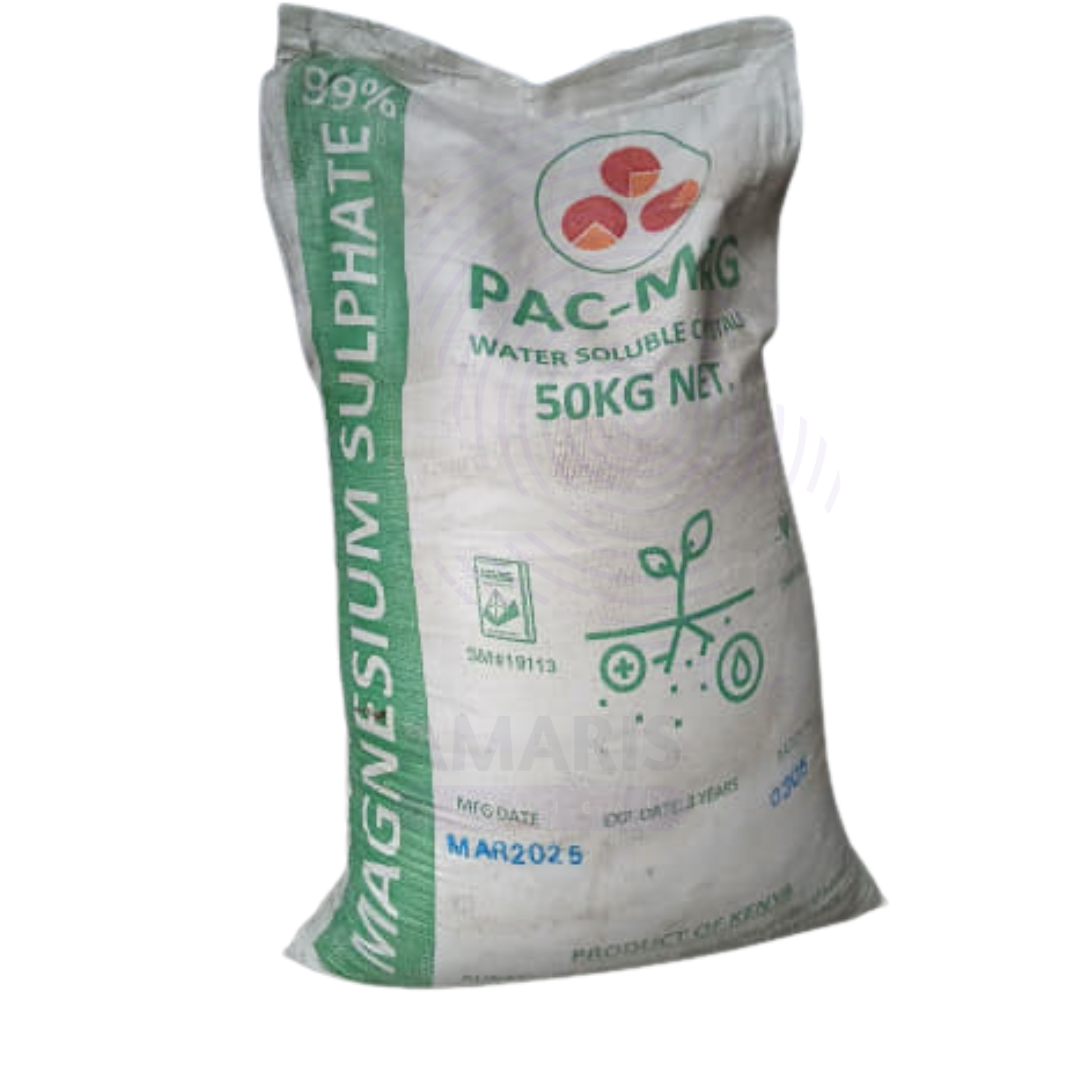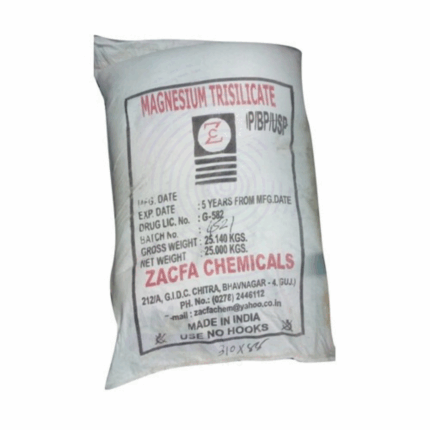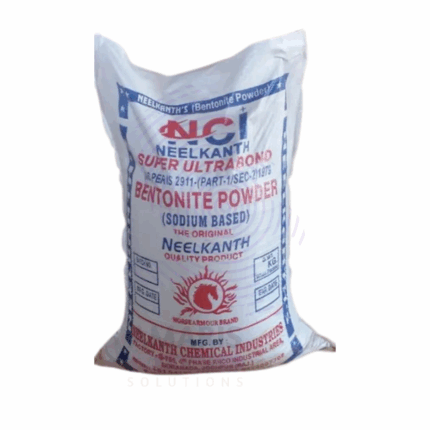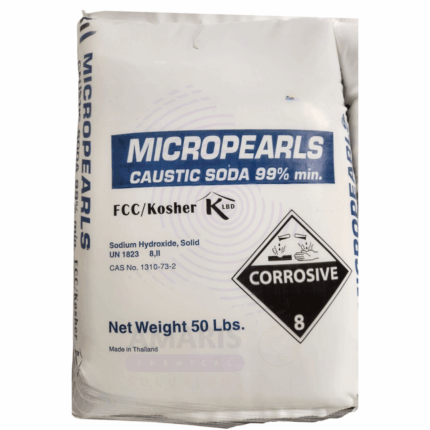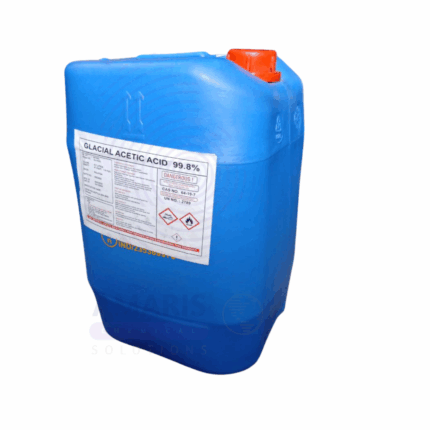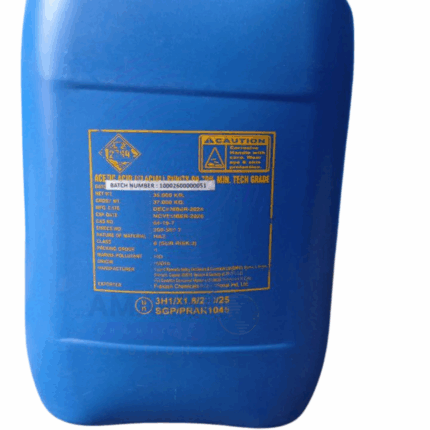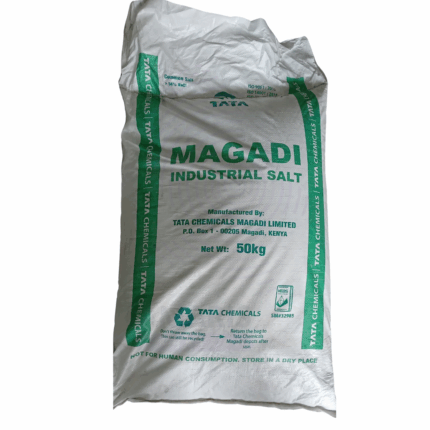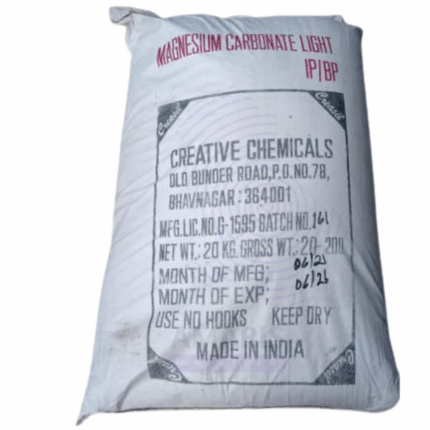“Magadi Soda Ash” has been added to your cart. View cart
Magnesium Sulphate Epsom Salt
$ 1.00 Original price was: $ 1.00.$ 0.77Current price is: $ 0.77.
Whatsapp Order
Magnesium Sulphate Epsom Salt, commonly known as Epsom Salt, is an inorganic salt composed of magnesium, sulfur, and oxygen with the formula MgSO₄. It typically appears as colorless or white crystalline granules and is highly soluble in water. In its heptahydrate form (MgSO₄·7H₂O), it is widely used in agriculture, pharmaceuticals, food, and industrial applications. Epsom Salt is valued for its muscle relaxant, laxative, and magnesium supplementation properties, as well as for its role in improving soil fertility and plant growth.
Categories: Fertilizers, Excipients, Nutrient Supplements, pH Adjusters
Tags: Bath salt, Epsom Salt, Magnesium Sulphate, Mineral salt, Muscle relaxation
Description
Table of Contents
Toggle
Magnesium Sulphate Epsom Salt
Primary Uses
- Pharmaceutical & Health Industry
- Laxative: Used as an osmotic laxative to relieve occasional constipation.
- Magnesium Supplement: Administered orally or intravenously to treat magnesium deficiency in humans.
- Muscle Relaxant & Bath Soak: Dissolved in bathwater to relieve muscle soreness, inflammation, and stress.
- Anticonvulsant: Used in medical settings for preeclampsia/eclampsia and certain seizure disorders.
- Agriculture
- Soil Amendment: Supplies essential magnesium and sulfur nutrients to crops such as potatoes, tomatoes, citrus, and roses.
- Fertilizer Additive: Incorporated into NPK blends or used standalone to correct magnesium deficiencies in soil.
- Animal Feed Additive: Added to livestock and poultry feed to support bone health and metabolic function.
- Cosmetics & Personal Care
- Bath Salts and Soaks: Used in personal care products for its skin-soothing, muscle-relaxing, and exfoliating effects.
- Skin Care Products: Included in formulations to cleanse pores and reduce inflammation or acne.
- Food Industry
- Food Additive: Used as a firming agent, acidity regulator, and nutrient supplement (designated as E518).
- Brewing and Baking: Adjusts mineral content of water to enhance yeast activity and fermentation.
Secondary Uses
- Industrial Applications
- Used in dyeing and textile processing as a stabilizer and mordant.
- Employed in leather tanning and paper manufacturing.
- Used in fireproofing materials and manufacturing of magnesium compounds.
- Water Treatment
- Applied to treat and condition industrial wastewater by precipitating heavy metals.
- Used to control alkalinity and improve flocculation in water systems.
- Home & DIY Uses
- Utilized in gardening to promote greener foliage and better flowering.
- Added to DIY bath and foot soak formulations.
- Used as a natural remedy for splinter removal and insect bite relief.
PRODUCT KEY FEATURES
- Basic Identification Attributes
- Chemical Name (IUPAC): Magnesium sulfate
- Common/Trade Name: Magnesium Sulphate; Epsom Salt
- CAS Number: 7487-88-9 (Anhydrous); 10034-99-8 (Heptahydrate)
- HS Code: 2833.21.00
- Synonyms: Epsomite; Bitter Salt; MgSO₄; Magnesium sulfate heptahydrate
- Physical & Chemical Properties
- Physical State: Crystalline powder or granules
- Color & Odor: White or colorless; odorless
- Molecular Formula: MgSO₄·7H₂O (heptahydrate)
- Molecular Weight: 246.47 g/mol (heptahydrate)
- Solubility: Highly soluble in water; insoluble in ethanol
- pH (5% solution): 5.5–7.0
- Melting Point: 1124 °C (anhydrous decomposition)
- Safety & Hazard Attributes
- GHS Classification: Not classified as hazardous under normal conditions
- Toxicity: Low toxicity; excessive ingestion may lead to diarrhea or dehydration
- Exposure Limits: No established occupational limits; avoid inhalation of dust
- Storage & Handling Attributes
- Storage Conditions: Store in a dry, cool place away from moisture and strong acids
- Container Type: Food-grade or pharmaceutical-grade sealed plastic or paper bags
- Shelf Life: 2–3 years if stored in tightly closed containers
- Handling Precautions: Avoid dust inhalation and contact with eyes in bulk handling
- Regulatory & Compliance Attributes
- Approved as a pharmaceutical excipient and food additive (E518)
- Listed in BP, USP, EP pharmacopoeias
- Compliant with REACH, FDA, and EFSA safety regulations
- Environmental & Health Impact
- Biodegradability: Inorganic, naturally occurring—environmentally safe
- Ecotoxicity: Low toxicity to aquatic and terrestrial life
- Bioaccumulation: Not bioaccumulative
- Carcinogenicity/Mutagenicity: Not classified as carcinogenic or mutagenic
SAFETY HANDLING PRECAUTIONS
- Safety Handling Precautions
- PPE Required: Use gloves and dust mask for bulk handling
- Handling Guidelines: Use in ventilated areas; avoid inhalation and eye contact
- Storage Measures: Keep sealed and dry; avoid exposure to humidity
- First Aid Measures
- Inhalation: Move to fresh air; seek medical attention if irritation occurs
- Skin Contact: Wash with soap and water if irritation develops
- Eye Contact: Rinse immediately with water; consult physician if irritation persists
- Ingestion: Generally safe in small doses; seek help if large quantities ingested
- Firefighting Measures
- Fire Hazards: Non-flammable and non-combustible
- Extinguishing Media: Use water, CO₂, dry chemical, or foam for surrounding fire
- Special Precautions: Avoid inhaling dust or decomposition fumes
- Hazardous Combustion Products: May release sulfur oxides upon extreme heating
Related products
Bentonite Powder
Bentonite powder is a naturally occurring absorbent clay primarily composed of montmorillonite, a type of smectite clay mineral. It exhibits excellent swelling and water absorption properties, making it highly versatile in industrial and commercial applications. Bentonite forms a gel-like substance when mixed with water, which imparts viscosity and plasticity. It is used extensively for its binding, sealing, and adsorptive characteristics. Its fine powder form allows for easy incorporation in various processes including drilling, foundry, cosmetics, pharmaceuticals, and agriculture.
Caustic Soda Micropearls
Caustic Soda Micropearls are small, spherical, solid particles of sodium hydroxide (NaOH) produced through specialized prilling or pelletizing techniques. They offer excellent flowability, high purity, and uniform size distribution, making them ideal for precise dosing and handling in industrial and chemical processes. The micropearls form is preferred in applications where dust control, ease of transport, and controlled dissolution rates are critical. Caustic Soda Micropearls exhibit strong alkalinity, are highly soluble in water with an exothermic reaction, and are widely used across many sectors including chemical manufacturing, water treatment, pulp and paper processing, and detergent production.
Disodium Hydrogen Phosphate Dihydrate (Na₂HPO₄·2H₂O)
Disodium Hydrogen Phosphate Dihydrate is the hydrated form of disodium hydrogen phosphate, a white crystalline powder commonly used as a buffering agent, emulsifier, and sequestrant. The dihydrate form contains two water molecules per formula unit, which affects its physical properties such as melting point and solubility. It is widely applied in food, pharmaceutical, water treatment, and industrial processes to maintain pH stability, improve texture, and supply essential sodium and phosphate ions.
Glacial Acetic Acid Food Grade
Glacial Acetic Acid Food Grade is a clear, colorless liquid organic compound with a pungent vinegar-like odor. It is a high-purity form of acetic acid specifically produced and processed for safe use in food applications. As the main component of vinegar (after dilution), it serves as a critical flavoring agent, pH adjuster, and preservative in the food industry. Food-grade acetic acid typically has a concentration of 80-100% (glacial acetic acid) or is diluted to lower concentrations (4-20%) for specific applications.
Glacial Acetic Acid Tech grade
Glacial Acetic Acid Tech grade is a clear, colorless liquid with a pungent vinegar-like odor. It is a less refined form of acetic acid primarily used for industrial and technical applications rather than food or pharmaceutical uses. Typically available in concentrations ranging from 80% to glacial (99-100%), it serves as a crucial chemical reagent, solvent, and intermediate in various industrial processes.
Indion Cation Resin
Indion Cation Resin is a synthetic ion exchange resin designed primarily for the removal of positively charged ions (cations) from water and various liquid streams. Typically composed of a sulfonated polystyrene-divinylbenzene (PS-DVB) copolymer, this resin features a highly porous bead structure with functional groups that exchange hydrogen or sodium ions for calcium, magnesium, iron, and other metallic cations. Available in different forms (strong acid cation, weak acid cation), Indion Cation Resin is widely used in water treatment, industrial processes, and purification systems.
Industrial Salt
Industrial Salt, chemically known as Sodium Chloride (NaCl), is a high-purity crystalline compound widely used across industrial, chemical, agricultural, and water treatment applications. It appears as white to off-white crystalline granules or powder, depending on the grade and particle size. Industrial Salt is an essential raw material in numerous chemical processes, including chlor-alkali production, de-icing, textile dyeing, and water softening. Its versatility and cost-effectiveness make it indispensable in large-scale operations.
Magnesium Carbonate Light
Magnesium Carbonate Light is a fine, white, odorless powder primarily composed of magnesium carbonate (MgCO₃). It is characterized by its light texture and high purity. This mineral compound is widely used across various industries due to its excellent absorption properties, mild alkalinity, and non-toxic nature. Magnesium Carbonate Light is commonly employed as an antacid, drying agent, filler, and flow aid in food, pharmaceutical, cosmetic, and industrial applications.


 Acidulants
Acidulants Antioxidants
Antioxidants Nutraceutical Ingredients (food)
Nutraceutical Ingredients (food)
 Collectors
Collectors Dust Suppressants
Dust Suppressants Explosives and Blasting Agents
Explosives and Blasting Agents Flocculants and Coagulants
Flocculants and Coagulants Frothers
Frothers Leaching Agents
Leaching Agents pH Modifiers
pH Modifiers Precious Metal Extraction Agents
Precious Metal Extraction Agents
 Antioxidants(plastic)
Antioxidants(plastic) Colorants (Pigments, Dyes)
Colorants (Pigments, Dyes) Fillers and Reinforcements
Fillers and Reinforcements Flame Retardants
Flame Retardants Monomers
Monomers Plasticizers
Plasticizers Polymerization Initiators
Polymerization Initiators Stabilizers (UV, Heat)
Stabilizers (UV, Heat)
 Antifoaming Agents
Antifoaming Agents Chelating Agents
Chelating Agents Coagulants and Flocculants
Coagulants and Flocculants Corrosion Inhibitors
Corrosion Inhibitors Disinfectants and Biocides
Disinfectants and Biocides Oxidizing Agents
Oxidizing Agents pH Adjusters
pH Adjusters Scale Inhibitors( water)
Scale Inhibitors( water)
 Antioxidants(cosmetic)
Antioxidants(cosmetic) Emollients
Emollients Fragrances and Essential Oils
Fragrances and Essential Oils Humectants
Humectants Preservatives
Preservatives Surfactants(cosmetic)
Surfactants(cosmetic) Thickeners
Thickeners UV Filters
UV Filters
 Fertilizers
Fertilizers Soil Conditioners
Soil Conditioners Plant Growth Regulators
Plant Growth Regulators Animal Feed Additives
Animal Feed Additives Biostimulants
Biostimulants Pesticides (Herbicides, Insecticides, Fungicides)
Pesticides (Herbicides, Insecticides, Fungicides)
 Active Pharmaceutical Ingredients (APIs)
Active Pharmaceutical Ingredients (APIs) Excipients
Excipients Solvents(pharmaceutical)
Solvents(pharmaceutical) Antibiotics
Antibiotics Antiseptics and Disinfectants
Antiseptics and Disinfectants Vaccine Adjuvants
Vaccine Adjuvants Nutraceutical Ingredients (pharmaceutical)
Nutraceutical Ingredients (pharmaceutical) Analgesics & Antipyretics
Analgesics & Antipyretics
 Analytical Reagents
Analytical Reagents Chromatography Chemicals
Chromatography Chemicals Spectroscopy Reagents
Spectroscopy Reagents Molecular Biology Reagents
Molecular Biology Reagents Biochemical Reagents
Biochemical Reagents Inorganic and Organic Standards
Inorganic and Organic Standards Laboratory Safety Chemicals
Laboratory Safety Chemicals Specialty Laboratory Chemicals(Special Laboratory Equipment)
Specialty Laboratory Chemicals(Special Laboratory Equipment)
 Demulsifiers
Demulsifiers Hydraulic Fracturing Fluids
Hydraulic Fracturing Fluids Scale Inhibitors(oil)
Scale Inhibitors(oil) Surfactants(oil)
Surfactants(oil) Drilling Fluids
Drilling Fluids
 Dyes and Pigments
Dyes and Pigments Bleaching Agents
Bleaching Agents Softening Agents
Softening Agents Finishing Agents
Finishing Agents Antistatic Agents
Antistatic Agents
 Admixtures
Admixtures Waterproofing Agents
Waterproofing Agents Sealants and Adhesives
Sealants and Adhesives Curing Compounds
Curing Compounds Concrete Repair Chemicals
Concrete Repair Chemicals Anti-Corrosion Coatings
Anti-Corrosion Coatings
 Surfactants(cleaning)
Surfactants(cleaning) Builders
Builders Enzymes
Enzymes Solvents (Cleaning)
Solvents (Cleaning) Fragrances
Fragrances
 Electronic Chemicals
Electronic Chemicals Catalysts
Catalysts Lubricants
Lubricants Photographic Chemicals
Photographic Chemicals Refrigerants
Refrigerants Automotive chemicals
Automotive chemicals Pyrotechnic Chemicals
Pyrotechnic Chemicals
 Biodegradable Surfactants
Biodegradable Surfactants Bio-based Solvents
Bio-based Solvents Renewable Polymers
Renewable Polymers Carbon Capture Chemicals
Carbon Capture Chemicals Wastewater Treatment Chemicals
Wastewater Treatment Chemicals
 Pigments
Pigments Solvents(paint)
Solvents(paint) Specialty Coatings
Specialty Coatings Binders/Resins
Binders/Resins Additives
Additives Driers
Driers Anti-Corrosion Agents
Anti-Corrosion Agents Functional Coatings
Functional Coatings Application-Specific Coatings
Application-Specific Coatings
 Fresh Herbs
Fresh Herbs Ground Spices
Ground Spices Whole Spices
Whole Spices Spice Blends
Spice Blends Dried Herbs
Dried Herbs
 Leavening Agents
Leavening Agents Dough Conditioners
Dough Conditioners Flour Treatments
Flour Treatments Fat Replacers
Fat Replacers Decoratives
Decoratives Preservatives(baking)
Preservatives(baking)
 Plasticizers & Softeners
Plasticizers & Softeners Reinforcing Agents
Reinforcing Agents Adhesion Promoters
Adhesion Promoters Vulcanizing Agents
Vulcanizing Agents Antidegradants
Antidegradants Blowing Agents
Blowing Agents Fillers & Extenders
Fillers & Extenders Accelerators & Retarders
Accelerators & Retarders